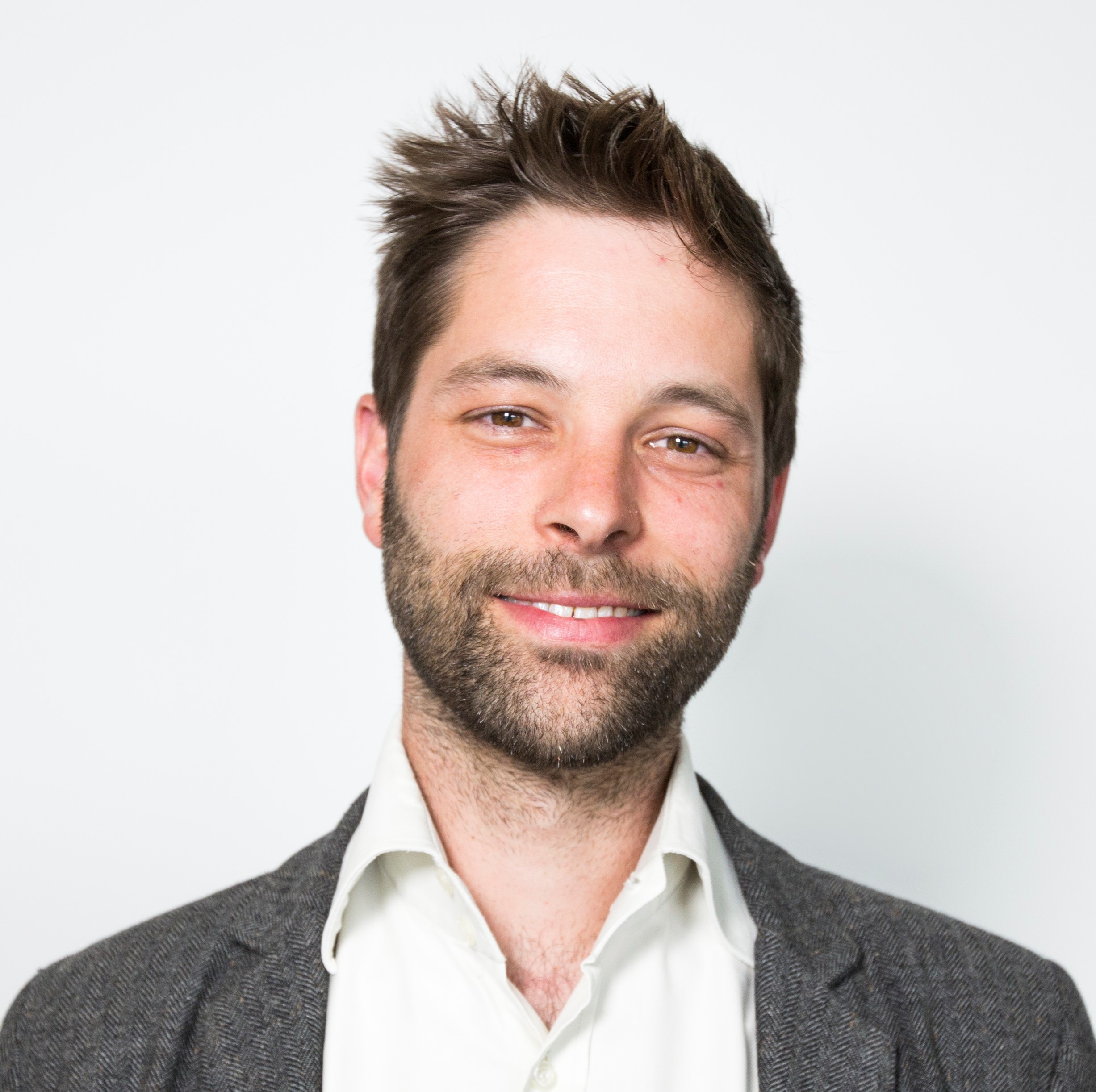To get better at something we look for guides. In business it might be Musk, Bezos, Jobs et al. Want to be more creative? Check out Picasso, Lois or Trott. Or one of a mountain of formulaic articles like:
The (insert activity e.g. morning routine) of (insert aspirational category of success e.g. billionaires).
We see these people as guides of a sort. They have been there before us. They can show us the way if we examine the ‘map’ they drew as they went.
Maps for dads are non-existent or broken
When you’re a dad though, who do you have to look to?
Our own dads, sure but the world is a very different place than decades before.
When you look, positive dad role models are few and far between. The media rarely feature great dads, mentioning family perhaps in one sentence of a 1,500 word feature. Stereotypes like the fiercely caring, totally capable mum don’t exist for dads. We’re left with past relics like 1950’s stern, emotionally distant disciplinarian dad, or the hard working weekend dad who is only turned to when mum isn’t there. I don’t know about you, but I aspire to far more than either of those guys has to offer.
This lack of a map for fatherhood wouldn’t be such a big problem if we were confident in what it meant to be a man. But the old map of masculinity is looking more and more like a type of poison with epic proportions. Mark Rice-Oxley said it very well in The Guardian recently when talking about the Being a Man festival:
(The event will)… explore the relentless levels of expectation heaped on men and assess whether this is responsible for statistics that suggest it is truly dismal these days to have a Y chromosome.
Suicide is a predominantly male tragedy (a man takes his life every minute somewhere in the world). Ditto gambling, drug overdoses, rough sleeping or just disappearing. Rape, murder, terrorism, war, people trafficking and domestic violence: all are predominantly masculine disgraces. Wherever you go in the world, men always make up more than 90% of jail populations.
That’s an appalling list of problems created by attempting to either close the gap between expectation and reality, or forget about it. The gap between expectations and reality is the source of much sorrow, pain, anger and woe. It’s the frustration and anger you feel when the train is delayed and you’ve got a meeting/deadline/event you have to be at on time. Magnified because it’s a critique of your inner person. And it’s always there.
It’s worth remembering that the expectation here isn’t ours. It’s someone else’s that we’ve been bombarded with since birth. The repeated reinforcement of an old style of masculinity — strong, successful, in control etc.
Couple this with the blank page map of fatherhood and it’s no wonder many of us blokes who have the privilege of being parents rarely feel like confident in that role. Or, have rarely even thought about it before.
Let that sink in.
The most transformative moment of your life. You’ve created life that’s dependent on you. It’s like having a part of your soul living outside you. And you’ve never thought about how you should play it?! If that’s not denial, I don’t know what is.
How do we get a grip on this mapless mess we’re in?
Getting a grip starts with knowing what exactly you are trying to grab.
Dr. David Rock can help. He’s a fascinating guy. He combines neuroscience with leadership to help people function better together, so he knows a lot about the connection between brains and behaviours.
In 2008, he created the SCARF model by bringing together all the insights from neuroscience up to that point. It’s a summary of how people behave socially:
· Status is about relative importance to others.
· Certainty concerns being able to predict the future.
· Autonomy provides a sense of control over events.
· Relatedness is a sense of safety with others — of friend rather than foe.
· Fairness is a perception of fair exchanges between people.
These five domains activate either the ‘primary reward’ or ‘primary threat’ bits of the brain. When we feel threatened on any of these levels, we feel it in the threat bit of the brain. This old, or primary part of the brain deals in physical responses. It sets you up to start a fight or take flight. In the same way, a perceived increase in one area activates the reward part, who’s the purveyor of good feelings.
It’s the first three that are the most interesting, SCA. They give us a framework to understand how the two maps mentioned before affect us. Creating brain chemistry that sees us acting in unhelpful ways.
Status
As men, we’re conditioned to associate status with strength and wealth. Yet wealth demands time to create, which comes at the expense of family. A tension we’re all too aware of. Solving it means deciding where your priorities lie. As one dad I’ve interviewed said:
You don’t have kids to go ‘oh right, so now I’ll work doubly hard to support the kids that I never see.’
Strength means not being weak, which is a problem when it comes to parenting. As dads, we’re trying to help our children grow. Growth only happens when we do hard things, recognise our weaknesses, learn and have another go.
This deep-rooted idea of being strong has two consequences. Admitting our failings is being weak. It activates the threat part of the brain, meaning we react in an aggressive way. Angry dad. Not helpful.
It also means we don’t role model personal growth for our kids because recognising and showing weakness is painful. It means saying sorry. It means comforting them when our shouting over something small has left them upset. It means moving past the knee-jerk reaction to tell them off to get, calmly, to the real root of the problem. Not doing this results in emotionally distant dad. Not helpful.
Find a new path by asking yourself what does success mean to you as a dad.
Certainty
Rationally we know that much of life is outside of our control. Oh to be a bit more rational. We have a collective lack of understanding about the phases of child development. It’s something we’re never taught in school. Probably because it doesn’t make you an economically productive unit of society, but my rant about our education system isn’t best placed here. This lack of understanding means that the certainty we expect comes from our default perspective. The adult.
Children aren’t adults, to state the blindingly obvious. Their brains have yet to develop abilities to rationalise, understand cause and effect, practice, empathy etc. But because we don’t understand this, unless we’re conscious about every instance of interaction with our kids, we slip into default mode. We unthinkingly, subconsciously assume an adult perspective of situations. Especially the basics, mealtimes, bedtimes and school runs.
The default mode tells us these are easy, basic tasks. This sets our predictions for the future. But consciously, rationally, we all know these times are among the most testing. In these instances, our subconscious certainty isn’t delivered. Out comes angry, frustrated dad.
Find a new path by asking yourself how your reactions help or hinder your family.
Autonomy
The map of the male, especially the alpha male, tells us to take charge. That’s what men do. We often do it through strength and force. Strength of character, volume, forceful tone, forceful physical presence. We’re told we need to own the situation.
In the context of fatherhood this is not helpful. Because you’re dealing with pre-rational toddlers and pre-schoolers, or developing adolescents. They, like many adults, don’t respond well to being controlled. Or trying to be controlled I should say.
Our job as dads is to give them the best set of tools for life we can. Just giving them tools of strength and force means we’re not doing our jobs well because we know those tools only work in certain, rare occasions.
Unfortunately for the children, we’re where they get most of their tools for life from. They can’t learn them if we don’t teach them. We can’t teach them if we’ve rarely used them.
Find a new path by asking yourself what you’re behaviour is teaching your children.
So what’s the answer?
It’s obvious, isn’t it? New maps.
But it’s not easy. The old ones exist inside our heads. We will never completely rip them up. We just have to keep reminding ourselves not to use them. And that means spotting ourselves when we do use them, which in turn means being more aware of our own behaviour.
There is another way too. Instead of focusing on what we’re not trying to do (don’t think of a pink elephant), we can choose to focus on what we are trying to do. That means being with our kids. Taking a lead from them. Practicing what we preach — empathy, saying sorry, trying new things. It means sharing stories of our struggles with fellow dads. It means not handing over to mum when it’s hard. But most of all it means focusing on the wins. The times that were full of love and connection, because they give you a glimpse of the new map. One you’re making. Those moments are places on the map. Places full of connection, laughter and love. But they’re only places you can go if you’re with your family.
Originally published at medium.com
Every week I send out one email with insights, questions and stories to help you be a better dad. If you want to join hundreds of other dads getting help to be better,click here.


